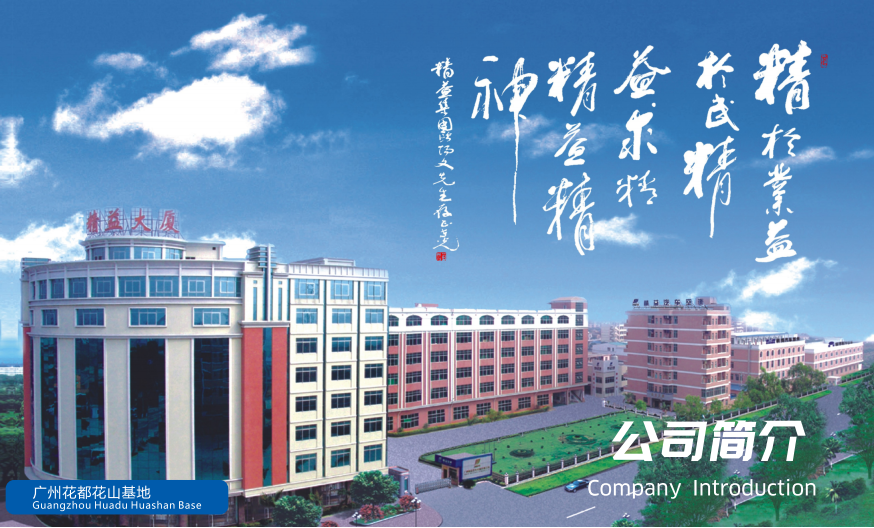Composition and Applications of Condenser Materials
- kaibin Li
- Mar 25, 2025
- 3 min read
1. Introduction
A condenser is a crucial component in refrigeration and air conditioning systems. The choice of material directly impacts heat dissipation efficiency, durability, and overall performance. Common condenser materials include aluminum alloy, copper, stainless steel, and composite materials. Different industries and applications have specific requirements for condenser materials, and understanding their composition and characteristics helps in selecting the right product.

2. Common Condenser Materials and Their Characteristics
(1) Aluminum Alloy
Advantages: Lightweight, high thermal conductivity, corrosion resistance
✅ Efficient Heat Dissipation – Aluminum has a high thermal conductivity, ensuring fast heat transfer and improved cooling efficiency.
✅ Lightweight Design – Aluminum is much lighter than copper, making it ideal for industries where weight matters, such as automotive.
✅ Corrosion Resistance – With oxidation treatment or protective coatings, aluminum condensers can withstand humid, high-salinity, or chemical environments.
✅ Cost-Effective – Aluminum is more affordable than copper, making it a budget-friendly choice.
Applications:
✔ Automotive Industry – Used in vehicle air conditioning systems due to its lightweight and cost advantages.
✔ HVAC Systems – Commonly used in residential and commercial air conditioners to enhance energy efficiency.
✔ Industrial Cooling Systems – Suitable for refrigeration equipment, cold storage, and production line cooling.
(2) Copper
Advantages: Superior heat conductivity, high pressure resistance
✅ Excellent Heat Transfer – Copper has higher thermal conductivity than aluminum, ensuring better cooling performance.
✅ High Pressure Resistance – Its mechanical strength makes it suitable for high-pressure environments such as industrial refrigeration.
✅ Antimicrobial Properties – Copper naturally inhibits bacterial growth, extending the condenser's lifespan.
Disadvantages:
❌ Heavier Weight – Copper is denser than aluminum, making it less ideal for weight-sensitive applications.
❌ Higher Cost – More expensive than aluminum, limiting its use to high-end markets.
Applications:
✔ Industrial Cooling Equipment – Used in petrochemical plants and power generation facilities.
✔ Premium HVAC Systems – Found in commercial and high-end home air conditioners for better cooling efficiency.
✔ Medical Equipment – Ideal for hospitals and laboratories due to its antimicrobial properties.
(3) Stainless Steel
Advantages: Corrosion resistance, high-temperature tolerance, durability
✅ Outstanding Corrosion Resistance – Suitable for humid, saline, and chemically aggressive environments.
✅ High-Temperature Resistance – Can withstand extreme conditions, making it ideal for specialized cooling systems.
✅ Durability – Provides high mechanical strength for industrial applications.
Disadvantages:
❌ Lower Thermal Conductivity – Compared to aluminum and copper, stainless steel has lower heat transfer efficiency.
❌ Difficult to Process – More expensive to manufacture due to its hardness.
Applications:
✔ Food Processing Equipment – Ensures hygiene and safety in food industry cooling systems.
✔ Chemical Industry – Used in environments with strong acids and alkalis.✔ Marine Industry – Applied in ship refrigeration systems due to its resistance to seawater corrosion.
(4) Composite Materials
Advantages: Combining material strengths for enhanced performance
✅ Aluminum-Copper Hybrid – Balances aluminum’s lightweight design with copper’s superior heat transfer.
✅ Nano Coatings – Improve corrosion resistance and heat dissipation.
✅ Brazing Technology – Enhances structural strength and prevents refrigerant leakage.
Applications:
✔ High-End Automotive Condensers – Used in luxury vehicles for improved cooling efficiency.
✔ Military & Aerospace – Lightweight yet strong materials ensure optimal performance in extreme conditions.
3. Choosing the Right Condenser Material
Industry | Recommended Material | Reason |
Automotive | Aluminum Alloy | Lightweight, cost-effective, high heat dissipation |
Residential & Commercial HVAC | Aluminum Alloy | Energy-efficient, widely used |
Industrial Cooling & Power Plants | Copper | High thermal conductivity, pressure-resistant |
Medical & Food Processing | Stainless Steel | Corrosion-resistant, hygienic |
Marine Industry | Stainless Steel | Saltwater corrosion resistance |
Aerospace & Military | Composite Materials | Lightweight, durable |
4. Conclusion
The choice of condenser material determines heat dissipation performance, durability, and cost-effectiveness. Aluminum is the most popular choice due to its high efficiency and lightweight properties, while copper, stainless steel, and composite materials are used in specialized industries.
🔹 Looking for high-performance aluminum condensers? Jingyi Group offers customized solutions to meet your needs!📩 Contact us today for a quote and more information!





The choice of condenser material determines heat dissipation performance, durability, and cost-effectiveness. Aluminum is the most popular choice due to its high efficiency and lightweight properties, while copper, stainless steel, and composite materials are used in specialized industries.